An unhealthy diet and a sedentary lifestyle are the main causes of problems related to the bone system. Osteoporosis is a skeletal disease characterized by low density and overall deterioration of bone tissue. It's a disease of global importance and it's getting bigger. It mostly affects women, and the most common cause is menopause.
Which elements are needed for bone health, from which foods should we get them? These are questions of primary importance for the health of the bone system, and hence of the whole body.
Elements necessary for bone health
Most important for bone health are vitamin D and calcium. They invariably go side by side. Neglecting bone health leads to rickets, osteoporosis, easy fractures in case of falls.
Calcium - Vitamin D accompanies calcium to the points in the body that need it to strengthen its structure and improve the functions of the body. Good sources of this mineral are: milk, cheese and other dairy foods. Vegetables like okra, broccoli, cabbage, also foods like tofu, nuts, whole wheat flour, sardines.
Most people need about 800 milligrams of calcium a day and pregnant women a little more, about 1, 200 milligrams. The amount of calcium absorbed by the body is different and depends on the combination with vitamin D and also on the correct distribution of doses for the day.
Vitamin D - it is obtained from sunlight. Sunbathing is therefore recommended. A short exposure to the sun from May to September is quite enough to obtain the necessary amount of vitamin D. To enhance the action of calcium, it is good to consume oily fish, sardines, mackerel, eggs, cereals, liver, egg yolks.
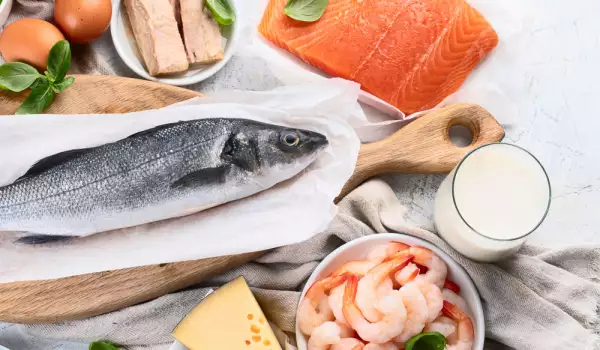
Magnesium - the body also needs other elements with a key role. One of them is magnesium. About 50 percent of it is found right in the bones. The best source of magnesium is pumpkin seeds. Walnuts are a source of alpha linolenic acid and omega-3 fatty acid, which prevent bone wear and tear. Brazil nuts also contain good amounts of magnesium.
In fruit and vegetables, calcium and magnesium are in the right ratio and this way calcium is fully absorbed. Dark green leafy vegetables are extremely rich in calcium, magnesium and flavonoids. Such are broccoli, cabbage, watercress, lettuce, seaweed and others.
In cow's milk, calcium is much more than magnesium. As a result of this ratio, less than 10 percent of calcium is absorbed by the body. The calcium supplements that people take are also not a surefire solution to its absorption. Nature gives us natural calcium from plants, which the body fully absorbs. Almost all fresh and raw fruit and vegetables contain the necessary calcium. The more the body alkalizes, reaching the necessary alkaline-acid balance in a ratio of 80/20, the better quality and absorbable calcium will reach the bones.
Vitamin K - for the absorption of calcium, a very important role is played by vitamin K. It is found in green leafy vegetables, mostly in cabbage.
Vitamin C - the protein that is an important building block for bones is called collagen. It makes bone tissue strong and increases its resistance against mechanical loads. Vitamin C helps the body produce this important protein. Oranges, kiwi, tomatoes, peppers, potatoes and green vegetables are the best sources of vitamin C. Collagen can also be obtained from beef broth, jellied products and brawn.
Iron - another element to help the body in the production of collagen and repair of bones. It delivers oxygen to all tissues and is therefore essential in bone trauma recovery. Good sources of it are red meats, chicken and turkey, fatty fish, eggs, dried fruit, green leafy vegetables, whole grain products.
Potassium - maintains the normal balance of calcium and reduces its removal from the body with urine. Sources of potassium are bananas, orange juice, potatoes, nuts, seeds, fish, meat and milk.
Important steps to maintain healthy bones through food
- Detoxifying the body for a period of 3 to 20 days each season and proper nutrition. Fresh seasonal and well-ripened fruit and vegetables should be consumed. There is no harm if for such a period of time one consumes only fruit, vegetables and their juices.
- The main food groups in the daily menu should be 60-65 percent fruit and vegetables, 10 percent sprouts, 10 percent stewed vegetables, 10-15 percent beans and grains, 5 percent fat, 10 percent sprouts. It is recommended to consume animal products in the right combination no more than 2-3 times a week - only 1 type of animal product with green salad.
- Exclusion of any animal products for a certain period of time. This can vary from 2 to 6 months per year. The goal is to give the body the opportunity to unload and regenerate and strengthen the bones.
- Consuming foods high in quality and absorbable calcium: watercress, Chinese cabbage, dandelion, turnips, arugula, okra, broccoli, green beans, parsley, lettuce, oranges, raisins, tangerines, kiwi, blueberries, kelp, almonds, Brazil nut, sesame seeds, amaranth, quinoa, etc.
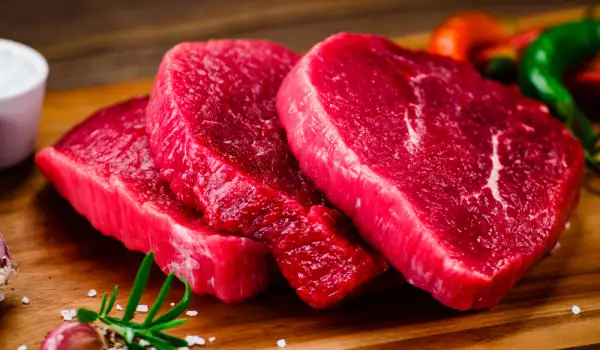
- Movement and spending more time in nature.
As it turns out, food is always in harmony with other factors that influence the right attitude to overall health, including bone, which are exercise, abstinence and well-thought-out diets. Eat the right foods for bone health and get the nutrients you need to feel good.
Foods to Avoid to Maintain Healthy Bones
- Alcohol - it removes the necessary calcium from the body. This increases the risk of severe fractures in a falls.
- Salt - large amounts of salt lead to a loss of calcium, which is excreted in the urine. Therefore, more than 6 grams of salt per day is considered harmful.
- Coffee - a lot of caffeine, i.e. more than 4 cups of strong coffee per day, slows down bone healing. It is also a diuretic that removes calcium from the body. Tea also has such properties.
The role of food in bone health
Food for our body is fuel for it, but also a foundation for our health and well-being. Some foods are beneficial, others cause inflammation and irritation. Foods that prevent inflammation also play a role in strengthening tissues and building stronger bone density. These foods protect the joints, prevent injuries and prevent pain.
It is important to know the needs of the body regarding the food it needs, especially during periods that are stressful for the body - pregnancy, menopause, puberty. Any such period requires keen attention to bone health nutrition to avoid injuries that are slow and difficult to heal and sometimes impossible to heal. Food can save you a lot of worry and is an important ally in the fight against diseases of the bone system.
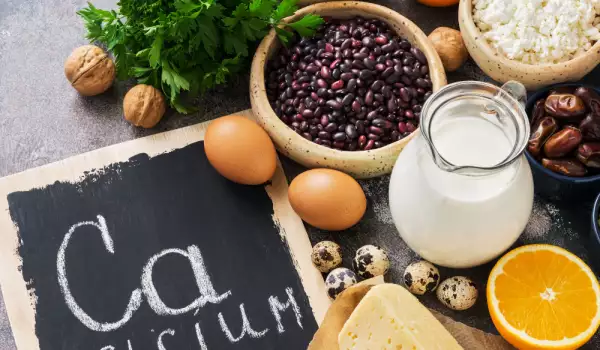
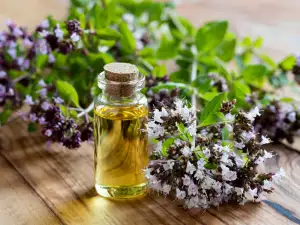



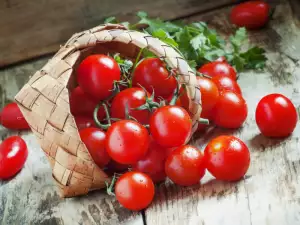
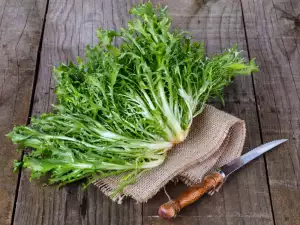

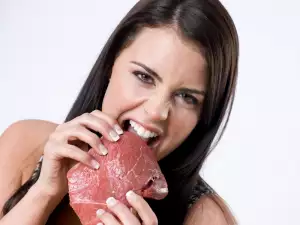






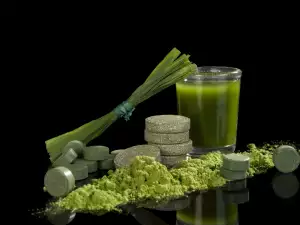




Comments